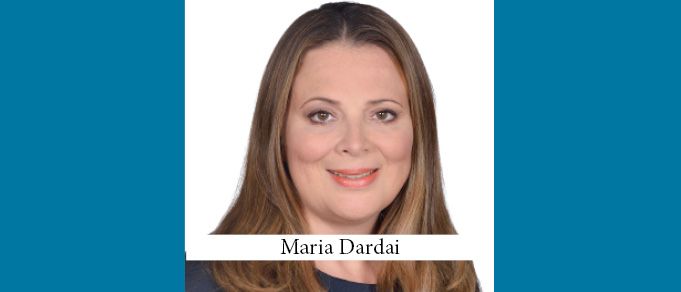According to Seth, the pen name of Canadian cartoonist Gregory Gallant, “We can’t suddenly quit a job and then race to find a form of art that will pay off before the next mortgage payment is due. Creating art is a habit, one that we practice daily or hourly until we get good at it.… Art isn’t about the rush of victory that comes from being picked.”
It seems that in our CEE region bribery and corruption are serious topics again. This is not only a legal issue but a source of political scandals, such as those described by the recent European Anti-Fraud Office Report in Hungary and those related to the January/February 2017 executive order in Romania decriminalizing certain grant offenses and protecting politicians from prosecution.
A company determined not to violate anti-corruption laws requires more than a strong commitment. Several steps need to be followed. These steps constitute the “compliance program,” which ensures compliance with both local and international laws and should be part of any company’s ordinary, day-to-day activities. Companies with a solid “compliance culture” introduce effective legal risk management processes that cover a wide range of areas.
An effective compliance program should always be tailored to the particular company implementing it, and it should preferably be managed by an external advisor (at least in the beginning). The need for such programs to be company-specific arises not just because each company has a unique structure and challenges but also because companies are in different development phases, and their supporting tools, such as IT infrastructure, are also different. For international companies, different country cultures also bring additional difficulties for the responsible compliance person.
A compliance program always starts with a preparation phase, and the result of this phase must be a compliance menu, providing a proper understanding of the company’s business, culture, and mandatory requirements. The program must contain a proper risk assessment as well.
When the “menu” is ready, the processes begin. At this stage, the key is to review the existing internal policies. This review considers not just the company’s Code of Conduct but also its policies regarding gifts, events (entertainment), vendor/supplier due diligences, and the matrix of roles and responsibilities. Once this stage is complete, results can be harmonized with the compliance menu. Policies that are missing should be drafted.
The next step is continuous monitoring, which is the key element of a successful compliance program. This step contains regular audits and reviews, including, once again, a business risk analysis focusing on critical areas. It is also advisable to establish a compliance committee led by the senior compliance person.
No successful compliance program can exist without development and regular training for key staff, as a well-trained staff is the engine of excellence that drives a good compliance program. If you are uncertain whether it is best to have classroom trainings (which are livelier and easier to tailor to actual needs) or online training (which is a more efficient tool and can be properly managed), then do both: classroom trainings for selected employees and online for the whole company.
The development of a regular training program is also related to awareness and enforcement. In creating such a program, ask the following questions: is a “compliance policy/program” part of the company culture? Has it been appropriately communicated? Has the compliance policy been endorsed by the senior management (reflecting the “tone at the top” within the organization through policies and procedures), and adopted by employees working in the field? Compliance may also include reviews of the policies and practices of the company’s external partners.
Even with the best compliance programs, occasional non-compliance situations may occur, necessitating a professional investigation. A professional investigation almost always raises some privacy concerns, and very often special advice is needed (e.g., competition law or advice regarding specific industrial standards). An experienced counsel usually possesses the required tools for this job. Above all, the investigation must be independent, quick, and thorough.
A company with a well-established compliance culture can be successful in preventing violations of anti-corruption laws. This will protect the company’s reputation and bring additional value to its business and culture.



